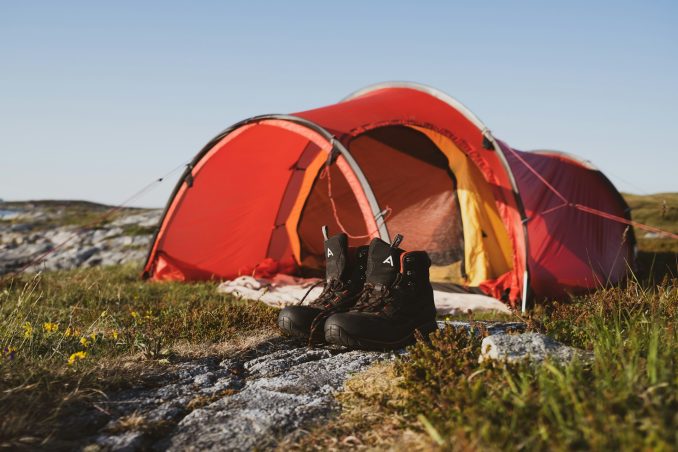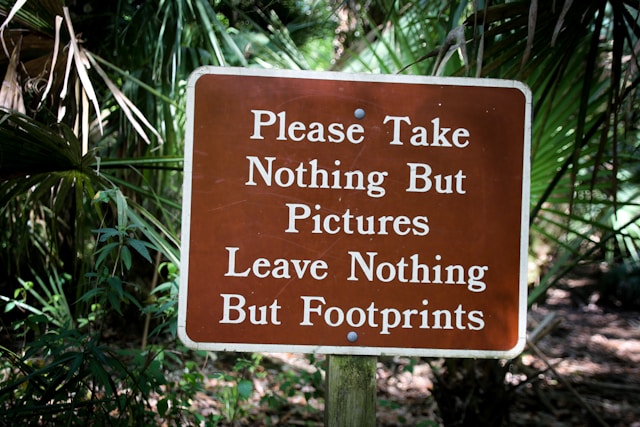E-Newsletter Signup
For special offers, updates and news of new products join our newsletter.
GUEST BLOGGER
If you would like to contribute to our blog as a guest and can bring fresh outdoor experiences, please:
Sustainable Camping: Preserving Nature for Future Generations
Posted in Blogs / Camping Tips & Ideas on 14th March 2024
In a world where the hustle and bustle of daily life often consume us, there’s a serene escape awaiting those who seek solace in the great outdoors. Camping offers a unique opportunity to disconnect from technology, breathe in fresh air, and reconnect with nature. However, as outdoor enthusiasts, it’s our responsibility to ensure that our camping adventures don’t leave a negative impact on the environment we cherish.

As we pitch our tents and kindle our campfires, it’s crucial to consider the environmental footprint we leave behind. The choices we make while camping can significantly impact the delicate ecosystems around us. From minimising waste to respecting wildlife, there are numerous ways we can enjoy the great outdoors responsibly.
One of the most pressing environmental issues facing campsites is litter. Every year, thousands of campers leave behind rubbish, causing harm to local wildlife and polluting natural habitats. To combat this issue, campers should practice the principles of “Leave No Trace.” This means packing out all waste, including food scraps, and disposing of it properly. By leaving our campsites cleaner than we found them, we can preserve the beauty of nature for future generations to enjoy.

In addition to reducing litter, campers can also minimise their environmental impact by choosing sustainable camping equipment and practices. Opting for eco-friendly camping equipment, such as biodegradable soap and reusable water bottles, can significantly reduce waste. Furthermore, using renewable energy sources like solar-powered lanterns or portable solar panels can help lessen our reliance on fossil fuels.
When it comes to campfires, responsible practices are essential for preserving fragile ecosystems. Before starting a fire, always check for fire restrictions and use designated fire pits when available. Never leave a fire unattended, and always fully extinguish it before leaving the campsite. By following these guidelines, we can prevent wildfires and protect the natural landscapes we love.

Another critical aspect of sustainable camping is respecting wildlife and their habitats. Avoid feeding wild animals, as it disrupts their natural behaviour and can lead to dependency on human food. Keep a safe distance and observe wildlife from afar to minimise stress and disturbances. By practising responsible wildlife viewing, we can help protect the diverse array of species that call our campsites home.
Moreover, choosing eco-friendly transportation options can further reduce our environmental impact when travelling to and from campsites. Carpooling with friends or utilising public transportation not only reduces carbon emissions but also promotes community and camaraderie among fellow outdoor enthusiasts.
Ultimately, the essence of camping lies in our connection to the natural world. By adopting sustainable practices, we can ensure that future generations have the opportunity to experience the same awe-inspiring landscapes and breathtaking vistas that we cherish today. Let’s tread lightly, leave no trace, and preserve the beauty of our planet for generations to come.



